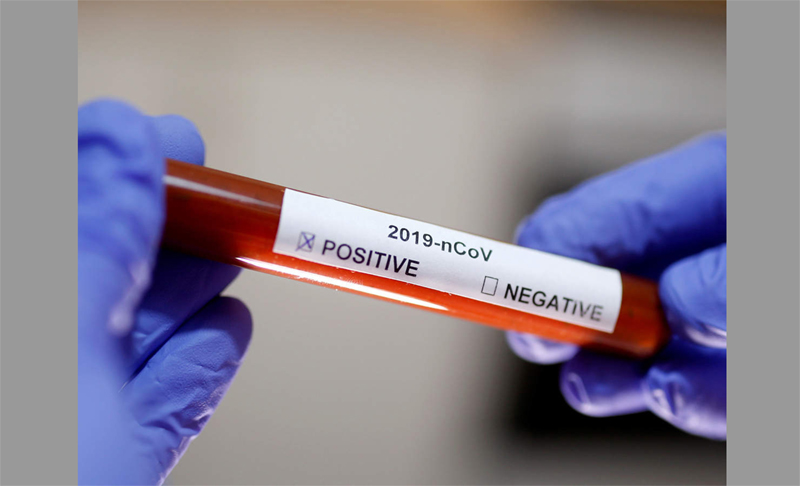Testing to be increased, random sampling being stepped-up
*Lakhanpur restrictions to stay
Excelsior Correspondent
JAMMU, Mar 24: In view of fresh surge in COVID-19 cases in Jammu and Kashmir, the Government mulled re-imposing night curbs across the Union Territory, making “area specific Containment Zones”, increasing RT-PCR and Rapid Antigen Testing (RAT), random sampling in schools and colleges and acting tough on those violating the Standard Operating Procedure (SOP) like wearing of masks and maintaining social distancing.
The Government has also decided to go ahead with restrictions imposed at Lakhanpur, the gateway to Jammu and Kashmir following fresh spread of COVID-19 in the neighbouring Punjab where number of cases of UK’s new virus have also been found.
Officials told the Excelsior that the Government is considering re-imposition of night curbs across the Union Territory in the next guidelines which are likely to be issued by the end of this month to keep Coronavirus under check. Existing guidelines are in place till March 31 and revised SOP will come into effect from April 1.
However, there is no proposal to enforce lockdown but the Government might authorize the District Magistrates to impose “area specific Containment Zones” where COVID positive cases are detected to prevent further spread of the virus.
Night restrictions on movement of people were lifted gradually in September-October last year after steep decline in Coronavirus cases. At the same time, the authorities had stopped declaring areas as Containment Zones as cases had receded to quite an extent by the end of last year. Past couple of months have witnessed just 20 to 25 positive cases a day in the Jammu region.
Several States have imposed night curfew following surge in the cases and Jammu and Kashmir is also expected to revive night restrictions across the Union Territory from April 1 in the revised guidelines to be issued by the end of March. However, it will not impose lockdown but authorize the District Magistrates to take decision on declaring some areas as Containment Zones in the event of spurt in cases.
The Government is likely to keep educational institutions including Schools and Colleges functional but might ask the Health Department to conduct random sampling of students and staff wherever necessary to detect isolated COVID cases which could give spread to the pathogen if not traced in time.
“The Government has decided to strengthen both RT-PCR and Rapid Antigen tests across the Union Territory. The testing is being increased as less tests could leave many cases undetected leading to spread of COVID-19,” sources said, adding that the administration is likely to be asked to go for contact tracing aggressively so that no positive case goes undetected.
The Government has decided to go hard on violators of COVID guidelines across the Union Territory.
“Strict instructions are being issued by the Government for imposing fines on those not wearing masks and violating social distancing guidelines,” sources said.
The Government has decided that existing restrictions at Lakhanpur will continue as Punjab, the bordering State of Jammu and Kashmir, has witnessed surge in COVID cases including UK virus. Any leniency at Lakhanpur could lead to spread of cases in the Union Territory, they said.
It may be mentioned here that the Union Ministry of Home Affairs had yesterday directed all States/Union Territories to intensify RT-PCR testing and vaccination following rise in Coronavirus cases in many States. Though cases have increased in Jammu and Kashmir too from 40-50 per day in first week of this month to around 150 presently, sources, however, felt that strictness at this stage and following COVID guidelines by the people could keep the virus under check. Otherwise, they cautioned, the cases might increase in Jammu and Kashmir also like Punjab and other States.
Yesterday, the Central Government had ordered that all persons aged above 45 years will be eligible for COVID-19 vaccination from April 1.


